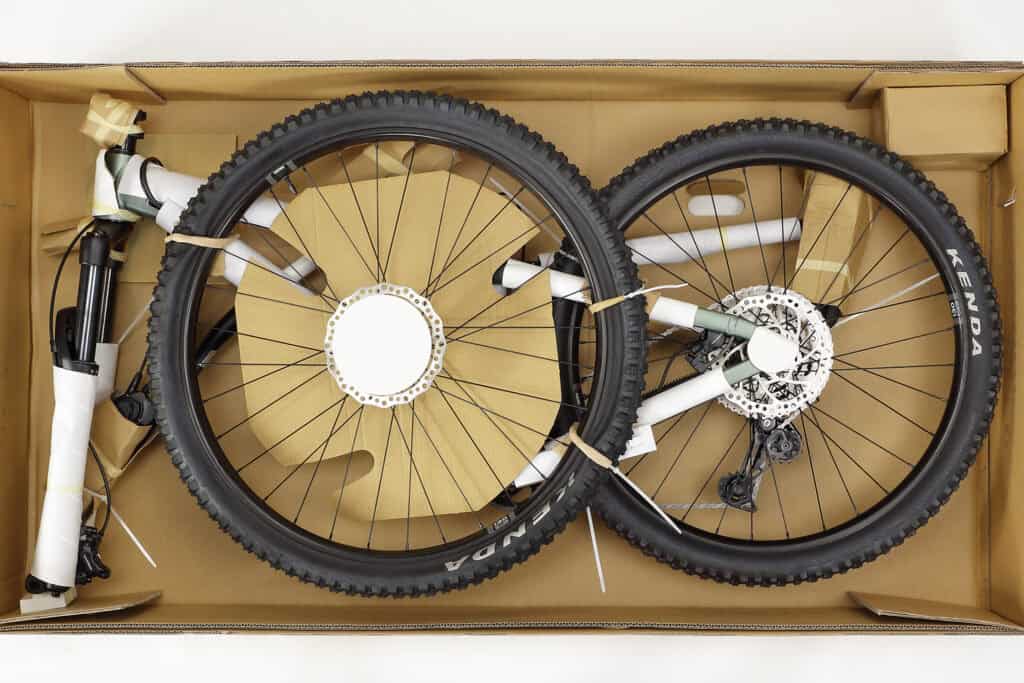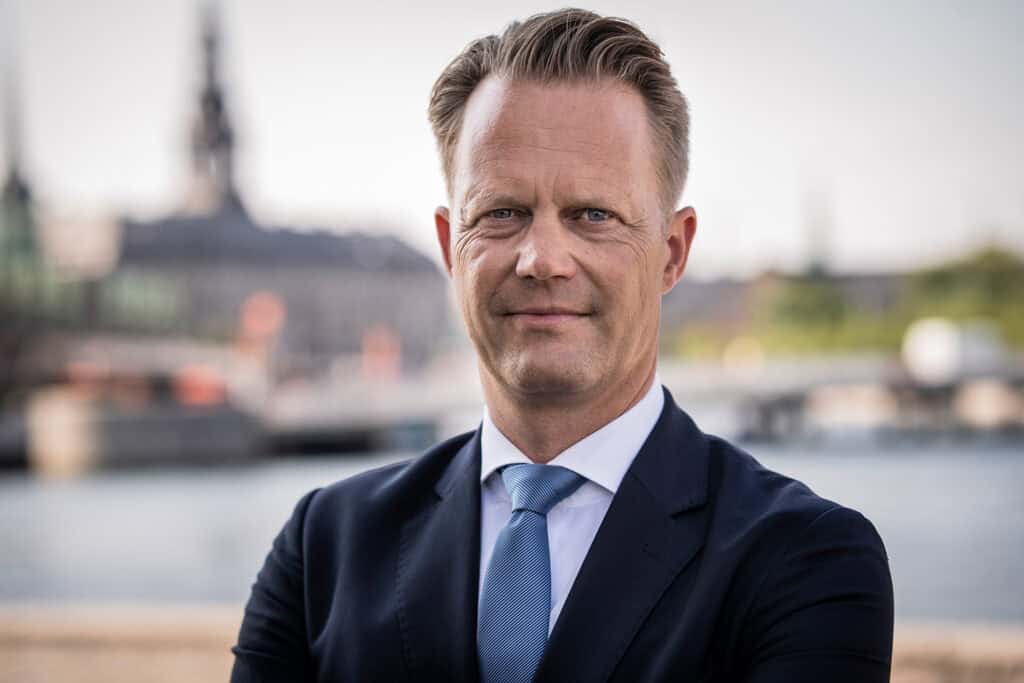Grønblå is leaning on diplomatic skills to spread its circular solution in the bicycle industry, with former Danish foreign minister Jeppe Kofod joining as the firm’s advisory chairman. The young company has created a proprietary, plant-based and bio-compostable material that is marketed as an alternative for single-use plastics.

When it comes to sustainability in the bicycle world, Grønblå is one of the most interesting companies in the industry. Their bio-compostable material is used to make products such as water bottles, plastic bags and protectors for bicycle parts, and it can be entirely degraded into water and carbon dioxide. Grønblå went on to develop a composting machine that is able to quickly turn its bioplastic into organic waste, to be placed on production sites or at events. It’s fed with an enzyme mix created by the firm.
A partnership with the organisers of the track world championships, taking place in Ballerup in October, should help to showcase the solution. Grønblå will provide cups, plates, cutlery, napkins and other products for the event. A composting machine will be on-site to help educate staff and consumers about the solution, which is most easily implemented in closed loop systems.
Former Danish foreign minister Jeppe Kofod backs Grønblå
Jeppe Kofod backs Grønblå’s broader purpose to combat micro-plastics pollution with a fully circular proposition. “We now have a solution where we can not only produce 100% biodegradable and compostable products, but we can also compost it, and leave no waste,” he said. Kofod wants to roll out the solution “to as many as possible as fast as possible, because we don’t have so much time before our biodiversity is seriously compromised.” Grønblå’s stance is that recycling plastic isn’t an optimal solution, because it tends to require energy and to generate waste. Neither does recycling solve the issue of micro-plastics.

Kofod was Denmark’s minister of foreign affairs for nearly three years until December 2022, and minister for trade policy. He previously served for about five years as a member of the European Parliament, and he has been involved in discussions on environmental regulations.
A raft of European reforms has been pushed through in the last few weeks, some aiming to shift more environmental responsibility to companies for the entire lifecycle of their products. Kofod argues that Grønblå’s solutions could be most relevant for companies to move toward their sustainability targets, and to comply with European reforms. “They will also be able to save money because they won’t have to pay fees to get their waste treated,” he adds.
Grønblå was launched by Jayu Yang, former chief executive at Haro Bikes. She invested in a laboratory to work on circular solutions, to reduce plastic pollution and save resources in the bicycle industry. Yang said in a statement that Kofod’s support is a game-changer. “His global perspective and unwavering commitment to environmental issues will be invaluable as we expand our reach and impact,” she said.


